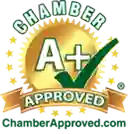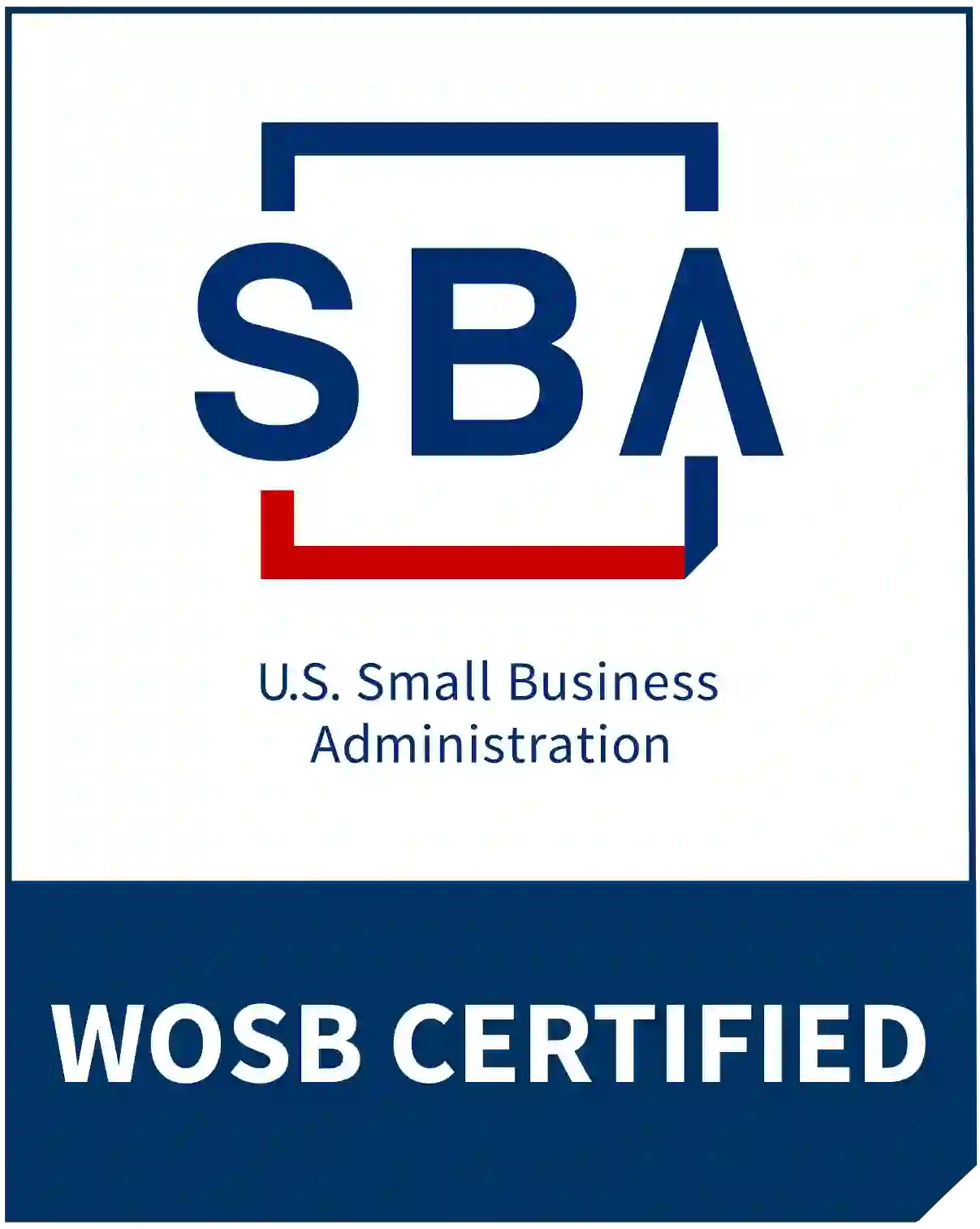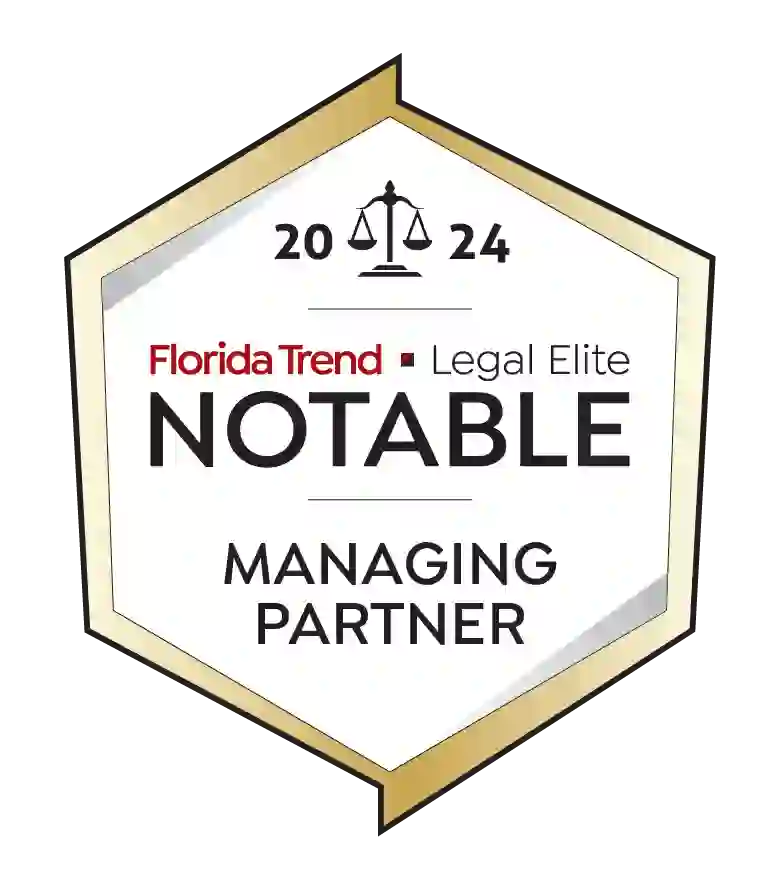When someone dies, the property they owned as an individual is in limbo. Family members have no legal right to access it until the probate process is complete.
In many cases, the family must initiate formal probate administration in Coconut Grove. The formal administration process can be complex, especially if the estate does not have enough cash to pay the decedent’s debts. Guidance from a local probate attorney is critical to ensure everything is done properly.
Making the Initial Estate Valuation
When a decedent died more than two years ago, the family can use an expedited process called summary probate administration, which is also available when the probate estate is valued at less than $75,000. Depending on how a decedent held their wealth, it is possible that even a well-to-do person might have a probate estate that qualifies for summary administration – but if not, they would go through formal administration.
Family members should seek the advice of a local attorney when estimating the estate’s value. Many assets will not count toward the estate’s probate value, including:
- Property owned jointly with another person;
- Assets with a named beneficiary;
- Up to two vehicles, if they weigh less than 15,000 pounds;
- Personal property up to $1,000.
Importantly, when the decedent has a surviving spouse or child, then their homestead, its appliances, and furnishings are excluded from the probate estate. Many people concentrate their wealth in their homestead, jointly held bank accounts and property, trusts, insurance policies, and investment accounts with named beneficiaries. None of these count toward the value of the estate for probate purposes.
Deciding on a Personal Representative
Someone must then manage the estate while it goes through probate, called the estate’s personal representative. A will usually names the personal representative the decedent chooses, but if that person cannot serve for some reason or there is no will, the Probate Judge will appoint someone. Usually, the personal representative is the spouse or child of the decedent. A Coconut Grove attorney can explain the responsibilities of the personal representative in formal probate administration and help the family choose someone they trust to manage the estate honestly and effectively.
The Formal Probate Administration Process
An attorney can assist a personal representative, beneficiary of a will, or heir throughout the formal administration process in Coconut Grove. They can give advice and direction to a personal representative and help others who may inherit from the decedent to understand their rights.
Formal administration can take months or even years, depending on various factors including the complexity of the decedent’s finances and whether there is sufficient cash in the estate to cover their debts. If the decedent had legal claims or was a defendant in a legal action, the estate cannot be closed until these are resolved. There are multiple steps involved in formal administration.
Gather and Manage Estate Property
The Judge will issue papers to the personal representative authorizing them to access and manage the decedent’s property. Depending on the kind of assets the decedent owned, that might mean making investment decisions, collecting rents, and preparing property for sale. The personal representative also must collect debts owed to the decedent and pursue any legal claims the decedent had.
Pay the Decedent’s Debts
The personal representative must notify all the decedent’s creditors of their death to manage (and potentially settle) claims against the estate. However, they must sell estate property if there is not enough cash in the estate to cover the decedent’s debts.
Distribute the Decedent’s Property
Once the personal representative has settled the decedent’s debts, they must distribute the remaining property. If the decedent had a will, that document determines property distribution. If there is no will, the law determines the percentage of the property each family member receives.
Report to the Probate Court
The personal representative in formal administration works under the supervision of the Probate Judge and must make periodic reports to the court and provide a final accounting when their work is finished. The personal representative will request the Judge to close the estate when all the decedent’s debts are paid and property distributed.
Contact a Coconut Grove Attorney About Formal Administration Today
Tackling practical matters like probate can be tough when you are grieving, but it is a necessary step to moving on. The Florida Probate & Family Law Firm understands the challenges and can help you meet them.
You will need legal advice if the estate must go through formal probate administration in Coconut Grove. Reach out today to schedule a free case evaluation.





























